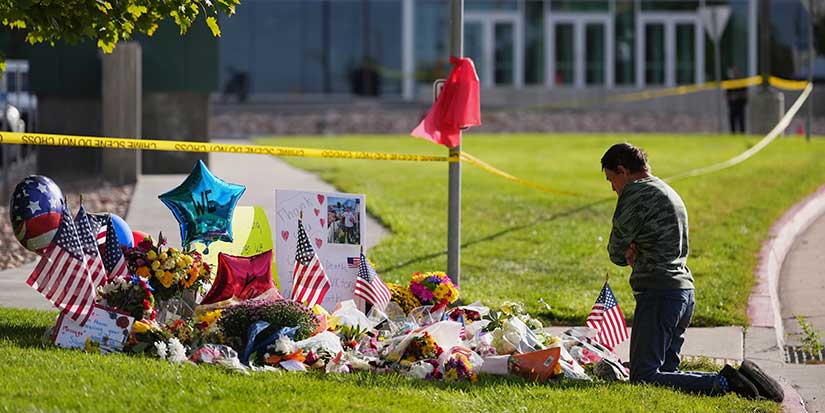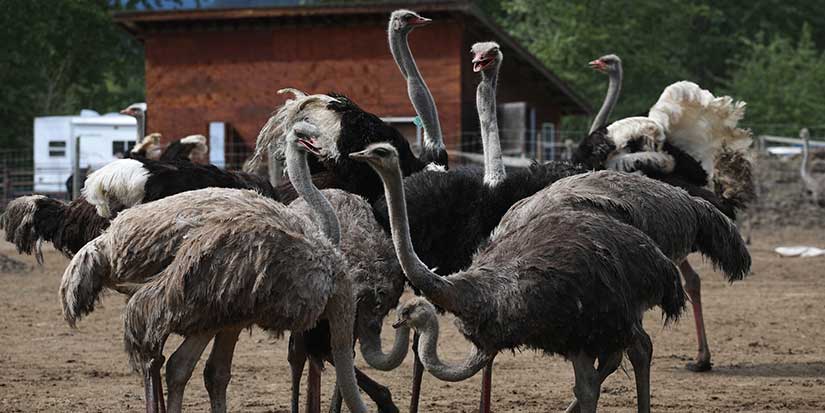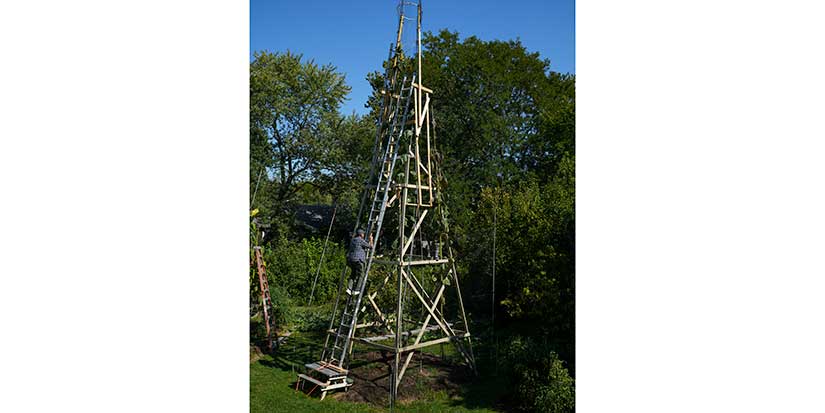Latest News
Centenarian remembers the war years
By Don Fennell
Published 12:19 PST, Thu November 9, 2017
Canada may widely be viewed as a land of milk
and honey, but during the war years such household staples were in short
supply.
Sugar, butter and shortening were also
scarce, so much so that they too were included in nation-wide rationing.
It was a time Iris Downing knew well.
Today a resident of Richmond’s Maple
Residences, the rather sprightly 102-year-old was in her early 20s when the
Second World War broke out in 1939.
“Everybody was given a ration book,” she
remembers. “If you had teens at home, they were given one too, so your parents
were able to purchase a certain amount of products. But you had to make things
last because you had to wait up to a month until the next book came out.”
Shortages even led to the sale of horse meat,
recalls Downing of a period when goods such as rubber, gas, metal and nylon
were also difficult to come by because they were needed for the war effort.
She says rationing in Canada continued until
a year or two after the war ended.
The second eldest of six children, Downing
was born and raised on a farm in Maple Creek, a tiny southwest Saskatchewan
town on the Canadian Pacific Railway line that even now still only boasts a
population of 2,000 people.
Prior to 1915, it was best known as the home
of the Northwest Mounted Police.
“I don’t know how mom and dad kept six kids
living on a farm in the Dirty 30s,” she says. “We grew wheat, sold eggs for six
cents a dozen, and raised sheep and turkeys.”
Downing, whose birth name was Hammond, was
working for the wheat pool when the war began. She was 24, but “I can’t just
remember when or how it was announced.”
Two of those closest to her went off to war.
Her brother, Bruce, a member of the Saskatoon
Light Infantry, was sent to India, while her eventual husband, Bill, who she
had met at the local skating club, was sent to North Africa.
Originally a banker, Bill, who wore thick
glasses, was at first denied enlistment but called up eight months later.
Rising up the ranks to become a corporal in
the armed forces Governor General’s Horseguards, Bill remained overseas through
to the end of the war and did not return home until January 1946.
“I remember going to Toronto to meet (Bill’s)
train,” says Downing.
Iris and Bill (who died in 1982 at the age of
72) were married for 40 years and had one son, Bruce, who became a renowned
geologist. The couple loved to dance, especially square dancing. Bill was also
an accomplished sportsman, who excelled at baseball and curling.
Letter writing was the standard form of
communication during the war years. And soldiers looked forward to sharing any
good news. But they especially looked forward to care packages from home—whenever
they actually received them.
“I don’t know how many arrived, but we sent
many of them,” Downing says of the care packages. “Sometimes we put liquor in a
loaf of bread, or gave a cigarette company $10 to send…cigarettes to someone.
Of course they all smoked in those days. We also used to knit socks and send
those over, because it got pretty cold in those trenches.”
Naturally, remembers Downing, there was a
great sense of relief when the war finally ended.
But it produced endless heartache, and took
upwards of 80 million lives—more than half civilians.
“There was also a lot of transition between
husbands and wives,” she says. “They had to get to know one another again.”
Downing says the First World War was supposed
to end all wars, “but (sadly) I don’t think they’ll ever end.”
These days, Downing, who was a keen volunteer
for much of her lifetime, enjoys spending time with family and friends and
playing bridge.
“I didn’t take bridge seriously until I
joined the seniors’ centre. That was 29 years ago,” she says. “I said at the
time ‘I’ve got to learn this game.’ The biggest thing to bridge is remembering.”
Downing also plays cribbage and whist (card
games) at least one day a week.
She’s surprised by her age, but still gets
frustrated at not being able to complete a task she thinks she should be able
to.
“I get so mad when I can’t do something. Then
I have to remind myself ‘you’re not in your 80s anymore.’”































